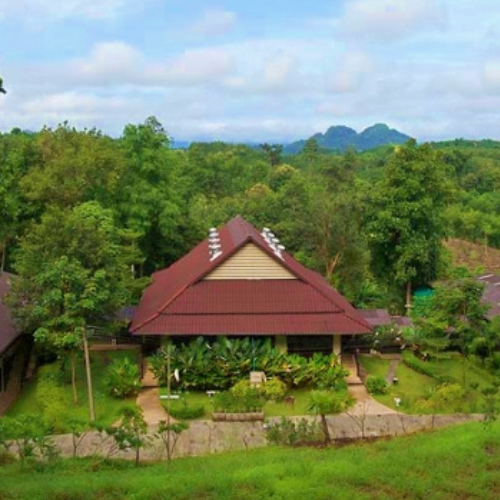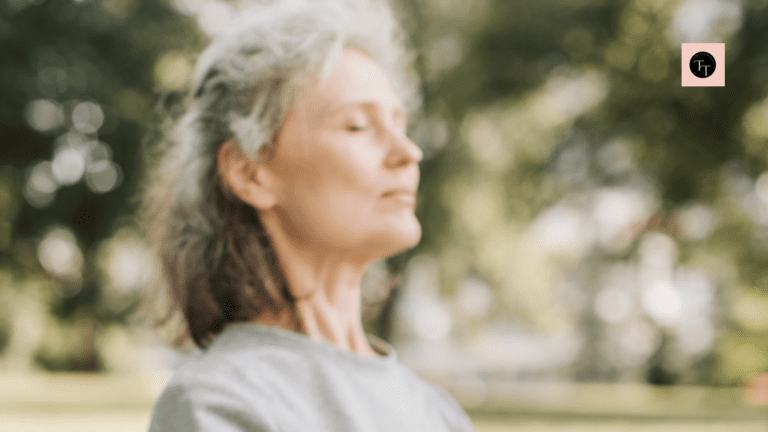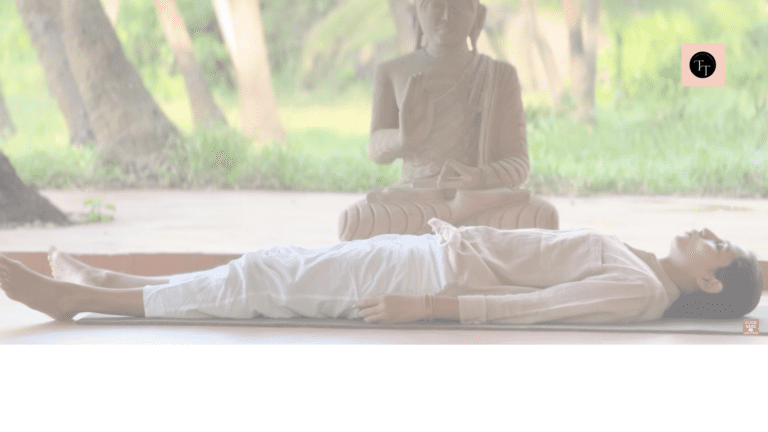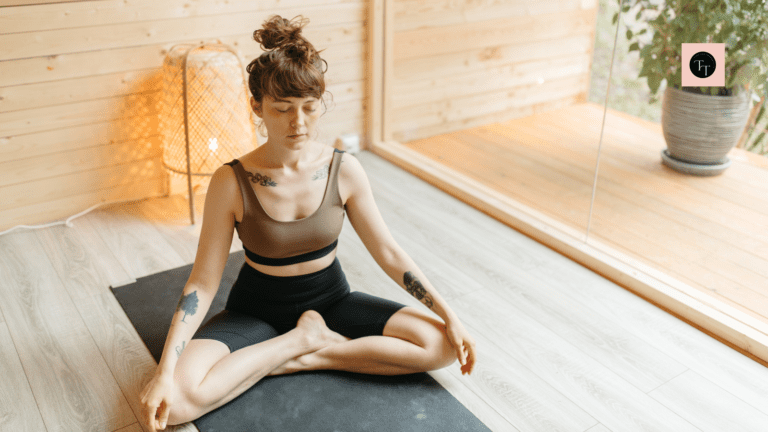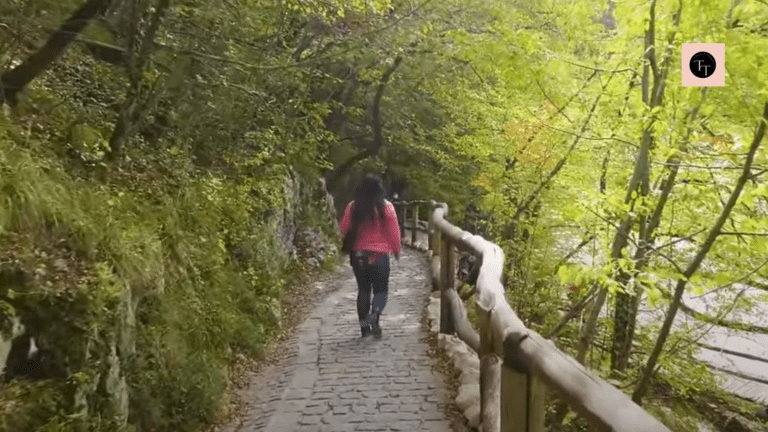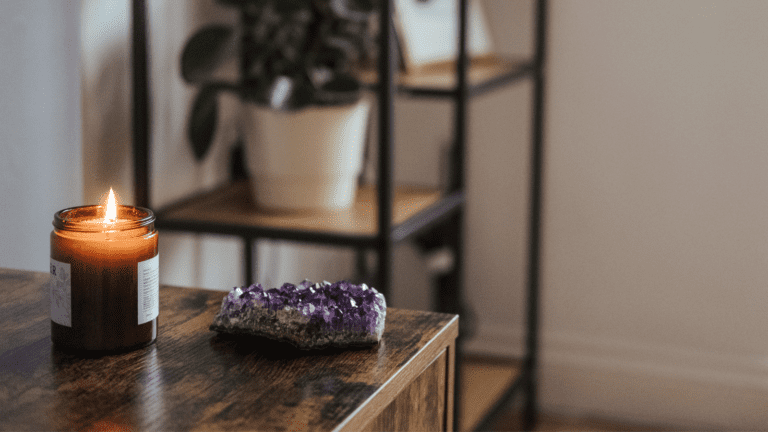10 Vipassana Meditation Benefits That Will Transform Your Life!
The 10-day beginner’s course in Vipassana Meditation at Dhamma Kañcana in Thailand is among the highlights of my journey of self-discovery. There are 10 Vipassana Meditation Benefits, that have transformed my life!
Vipassana Meditation is an ancient Buddhist practice. Vipassana is a word in Pali an ancient language used in the early Buddhist texts, especially in the Theravada tradition. In Pali, “Vipassana” means “insight” or “clear seeing.”
You might like to listen to a podcast about this blog:
Vipassana originated over 2,500 years ago as part of the teachings of Siddhartha Gautama, the Buddha, in India. It is rooted in Buddhist traditions and was preserved primarily in the Theravada school of Buddhism, particularly in Myanmar (Burma) and Sri Lanka.
In the 20th century, S.N. Goenka and other teachers helped to popularize Vipassana globally by offering structured 10-day retreats.
The technique of Vipassana Meditation is taught at ten-day residential courses during which participants learn the basics of the method, and practice sufficiently to experience its beneficial results. There are no charges for the courses – not even to cover the cost of food and accommodation. – dhamma.org
They have locations all over the world. I attended my first course at DHAMMA KAÑCANA, in Kanchanaburi Province of Thailand. It was an experience I am never going to forget!
Code of Discipline of the 10-Day Course
I must admit that the 10-day Vipassana Meditation course is not easy. Strict discipline and adherence to the Meditation Center’s rules are sacrosanct. Here is what you can expect at the retreat:
- Commit to the Course: Participants must stay for the entire course and follow the rules diligently.
- Acceptance of Teacher and Technique: Trust the teacher and follow instructions fully without modification.
- Suspend Other Practices: All religious practices, rituals, or other meditation techniques must be paused during the course.
- Noble Silence: Complete silence, including no communication through gestures or notes, is required, except with the teacher or management. Even, eye contact with fellow participants is not permitted.
- Separation of Genders: Men and women remain fully segregated during the course. They have separate living areas. They use the same meditation hall but sit in their specific zones.
- No Intoxicants: Drugs, alcohol, and tobacco are prohibited during the course. You must hand over your phone, laptop, books, magazines, etc. to the management at the time of registration, as these are not permitted.
- Simple Food: Three vegetarian meals are provided in a dining hall. Fasting is not allowed.
- Modest Clothing: You must wear simple, loose, white, and modest clothing appropriate for meditation.
- Accommodation: You get a small room, with a simple bed and an attached bathroom. You must keep the room clean during your stay.
- Meditation Hours: You are required to meditate 10-12 hours a day in the meditation hall as per the pre-recorded instructions of S. N. Goenka. You will get a 5-10 minute break every hour.
My Vipassana Meditation Experience at Dhamma Kañcana, Thailand
Vipassana meditation, as taught by S. N. Goenka, is a profound practice designed to help individuals see things as they truly are. The 10-day course is an immersive experience that guides participants through a structured program to develop mindfulness and insight. Here’s how the course progresses over the ten days.
Day 1: Introduction and Preparation
A friend of mine drove us from Bangkok to the meditation center. The location is remote, among wooded hills, and fairly close to the Thai-Myanmar border.
On registration, the staff asked us to leave all our valuables, including jewelry, watches, phones, books, and even the car keys in a locker. We would not have access to the locker till the last day. They gave us the keys to our rooms and explained the basic code of discipline.
My first impression was of serenity and simplicity, which was quite pleasant. The first meditation session focuses on ānāpāna sati, or awareness of breath, laying the groundwork for deeper practice.
Days 2-3: Developing Breath Awareness
The day begins early when you are woken up by a gong at 5 AM. The meditation sessions, each of 1 hour duration continue throughout the day. The focus remains on breath awareness and sensations around the nostril during these initial days.
Goenka’s recorded instructions guided us through each session, emphasizing patience and observation. The initial novelty slowly fades away and the pain of sitting cross-legged, back straight, takes center stage.
I admit I used to get through each session only because of my sheer determination. Anyway, I could not complain or share my discomfort with anyone.
Days 4-6: Expanding the Awareness
On Day 4, Goenka’s recording asks you to start expanding the area of awareness from the nostrils to lips, cheeks, etc. Each session builds on this practice, encouraging further expansion of awareness of sensations throughout the body.
Days 7-9: Understanding Craving & Impermanence
On Day 7, I started experiencing a tingling that ran throughout my body, from head to toe. I was exhilarated as I believed I had achieved the goal.
The next day was disappointing, as I no longer got that tingling sensation, even though I concentrated so hard on my meditation.
On the 9th day, I sought an interview with my meditation teacher and expressed my disappointment. She smiled kindly at me and explained that craving is the cause of all suffering (Dukkha), even the craving of the tingling sensation.
She also told me to start accepting the concept of impermanence (Anicca). Everything in existence is transient and constantly changing.
Day 10: Loving-Kindness Meditation
On the 10th day, we practiced loving-kindness (metta) meditation to cultivate compassion for ourselves and all sentient beings. After ten days of intense meditation, this session allowed me to reflect on my journey of self-discovery and the key Vipassana Meditation Benefits.
Top 10 Vipassana Meditation Benefits
So, here are the top 10 Vipassana Meditation Benefits that I took away from my 10-day beginner’s course at Dhamma Kañcana in Thailand.
- Enhanced Self-Awareness
I believe, I now have the ability for self-observation and see reality as it is. I can observe sensations and mental states without reacting. I have developed enhanced self-awareness and personal understanding. - Emotional Balance
I now have greater emotional stability, helping me reduce stress, anger, and anxiety. I can observe emotions without being swept away by them. - Mental Clarity
Vipassana has sharpened my concentration and mindfulness. I have reduced mental clutter, have more clarity of thought, and am better at decision-making. - Reduction in Cravings
Vipassana has made me understand the impermanence of all experiences. It is easier for me to recognize and let go of cravings. This detachment brings inner peace and freedom from the cycle of desire and dissatisfaction. - Importance of Resilience
Going through the 10-day course was extremely demanding, physically and mentally. The experience has taught me the importance of resilience. - Reduced Stress and Anxiety Levels
I now practice Vipassana Meditation, almost every morning, for an hour. It helps me better manage negative thoughts and worries, during the day. I certainly have much lower levels of stress and anxiety now. - Spiritual Growth
I think, my regular practice of Vipassana Meditation has put me on the path to spiritual growth. Negative emotions such as anger, greed, and regret, are a much smaller part of my life. - Improved Relationships
Vipassana has improved my ability to develop stronger interpersonal relationships, by fostering compassion, understanding, and non-reactivity, - Health Benefits
Even my physical health has improved, as I sleep better. I feel stronger and more energetic after my morning Vipassana Meditation. - Greater Tolerance
My close friends tell me that I no longer confront and argue every point in a conversation. Now when someone does not agree with me, I smile and move on.
In Conclusion
My Vipassana Meditation experience has benefitted me in many ways, cultivating self-awareness, emotional balance, and inner peace. I continue to practice it regularly, to develop resilience, and mental clarity, and further my quest for spiritual growth.
Try taking the course. It’s tough but well worth it!

